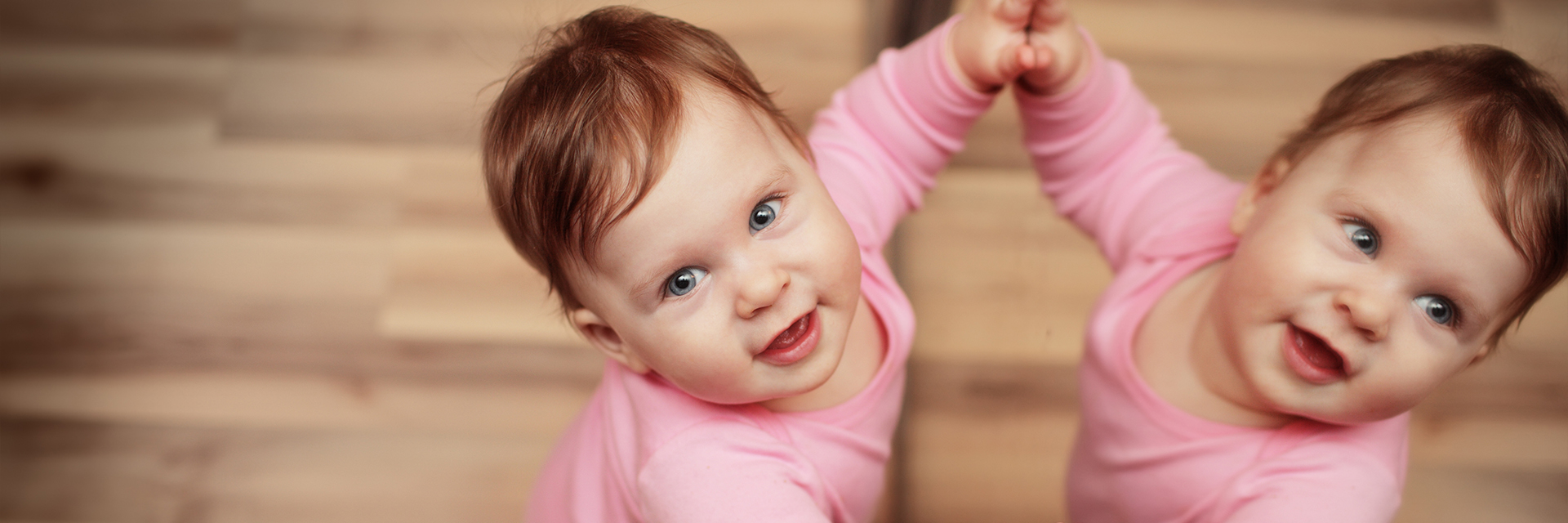The best discipline takes place before a baby or toddler does something you wish he or she wouldn’t do. It starts as your baby becomes more mobile and can reach, crawl or scoot toward danger (perhaps as early as 8 months). At this stage, discipline means providing the guidance needed for safety.
- If your baby is headed toward an object small enough to be a choking hazard, remove the object and place it out of reach.
- If your baby seems determined to get to a dangerous appliance (such as a woodstove), pick her up and move her to a safer location.
- And if your baby persists in pulling your hair or your pet’s fur, shift him away so that he can’t.
Along with these actions, try using short, simple words or phrases and a firm, but caring tone—“Hot! Don’t touch,” “Ouch! Let’s not get hurt” or “No—that will hurt you.” Try distracting your child with a toy or by picking him up. If the baby or toddler persists, you may want to remove him from the room—perhaps even to his crib for awhile.
At around 10 months, your baby will start to remember your words and actions around different behaviors. For now, though, discipline means keeping things simple and safe.
See also ...
• When to start disciplining a baby or toddler
• Teaching your baby discipline
This message is not intended to provide individual medical advice. Always seek the advice of a physician or qualified healthcare provider for any questions you have about your health or medical condition, your breastfeeding issues and your infant's health. Never disregard, avoid or delay contacting a doctor or other qualified professional because of something you have read in our emails, webpages or other electronic communications.
Powered by UbiCare

